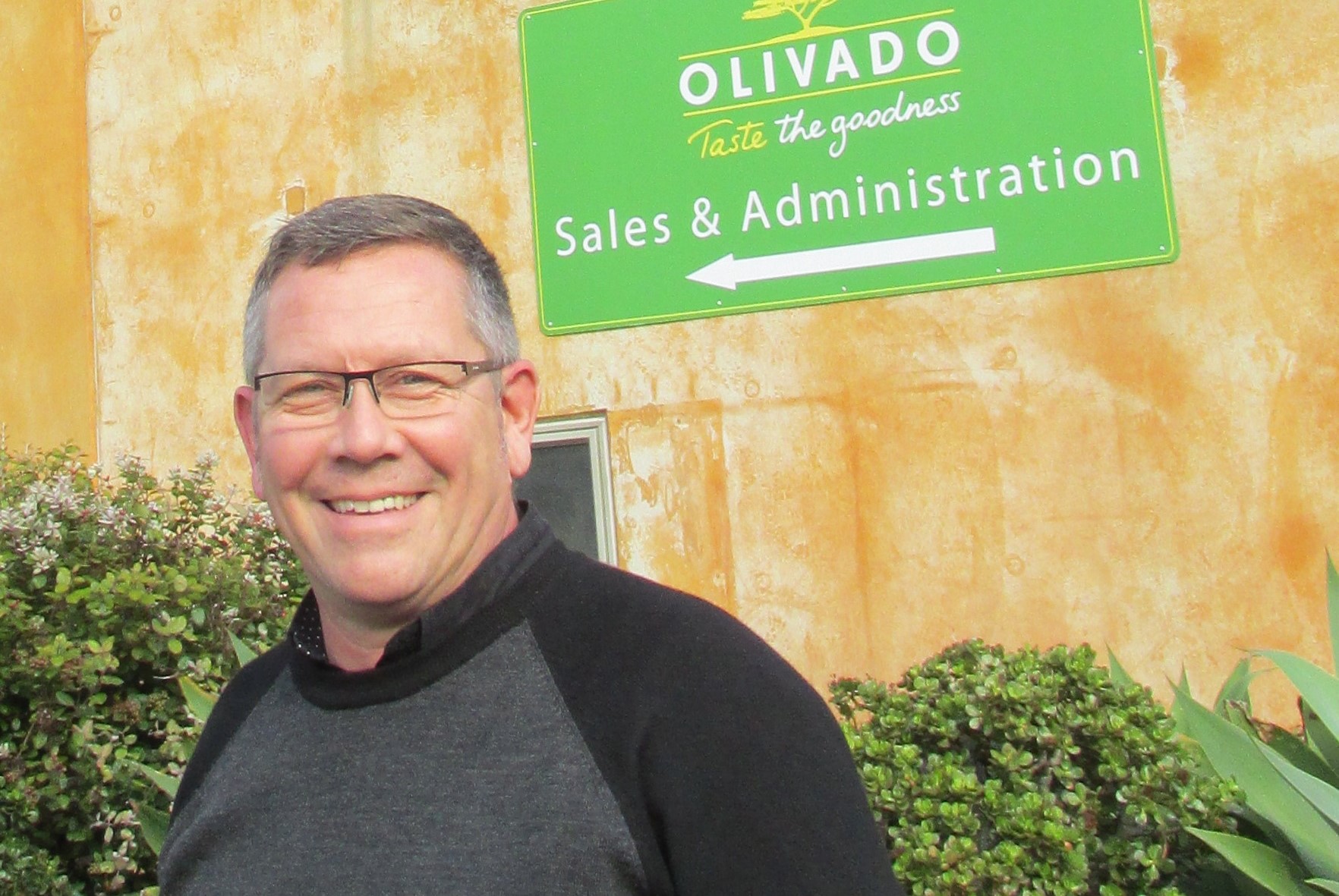Olivado is the Kiwi organic avocado oil producer setting the bar worldwide, and smart distribution has helped set it up for success.
By Catherine Beard.
Supply and distribution are two of the biggest issues Kiwi exporters are faced with, especially when it comes to food and beverage products.
I caught up with Jason Vokes who runs the New Zealand operations of Olivado from Kerikeri, to learn how this company has overcome both issues to grow into the world’s biggest producer of organic avocado oil.
Olivado was set up in 2000 by a group of guys, including current CEO Gary Hannam. After about five years, it became apparent that the business model needed reviewing. Volumes hadn’t increased a great deal, high costs of sourcing oil and pursuing distributors in each market meant the product had a very high price once on the shelf overseas.
Gary had always wanted to go direct to supermarkets, and in 2009 he took over the business. The turnover then was about US$1 million worldwide. Today it’s up to US$10.5 million.
“He’s achieved this through a) pursuing the bulk oil market and opening up organic sourcing in Kenya, and b) opening our own marketing companies in Europe and the States,” explains Jason.
“We now have one person in each market who is solely responsible for selling, but we use service warehousing and bottle and distribute the product ourselves. The result is that the product is competitive in local markets against the equivalent quality olive oil.
“We learnt the only way to be price competitive was to keep control of our distribution costs.”
Kenya came about through solving the supply problem, as New Zealand has a relatively small avocado crop, and an irregular supply. In 2010 the company looked around the world to find another crop. It opened a factory in Kenya, contracting 1800 local farmers to produce organic avocadoes, which are then pressed for oil.
Olivado is now the largest producer of organic avocado oil globally – about 96 percent of the world’s supply. It has produced 150 metric tonnes of conventional avocado oil in New Zealand this year, and 300 metric tonnes of organic oil in Kenya this season.
It also bottles organic oil in the UK to supply supermarkets, and has a service warehouse in Finland that supplies European supermarkets.
The other part of the business is bulk oil, selling organic avocado oil to the large cosmetics producers, as well as firms that broker oil to other companies.
The Kerikeri factory processes New Zealand avocado oil and bottles it for the rest of the world. It’s also where customer service and global sales and marketing is based.
The oil appeals to the health-conscious and foodie markets. “People aren’t deep frying like they were, so they aren’t buying cheap, higher volume oils so much,” says Jason.
“The Olivado brand stands for high quality culinary oils, with health and dietary benefits. We also produce organic and fair trade products where possible.”
As for the future, Jason says they could sell three times the amount of oil they currently produce, so are actively looking for a way to increase their supply. “We’re cultivating a new crop in Tanzania and will be opening a pressing plant there in the next 12 months.
“We’re also moving into the Australian market, and will continue to grow our customer base in Europe and the US.”
So, as production expands and mouths around the world need feeding, the global Olivado story looks set to continue well into the future.
Jason’s top 2 tips for exporters:
• If possible, control the distribution chain yourself. You may need to run at a loss for a while, but it means you can compete at the right price in the market, especially if you’re an FMCG.
• Otherwise choose a distributor that has demonstrated success with a similar product or within the right channels for you, and talk to them openly about costs – theirs and yours.
Photo Jason Vokes.




